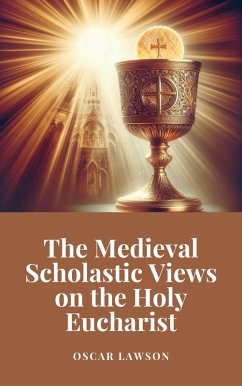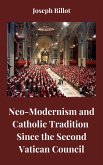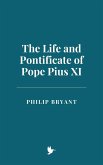The Eucharist also served as a wellspring for mystical theology, inspiring figures like St. Catherine of Siena, St. Gertrude the Great, and Meister Eckhart to seek a deep, personal union with Christ. Their writings reveal a sacramental spirituality that saw the Eucharist as a pathway to divine love, an experience of union, and an invitation to participate in Christ's Passion. Beyond personal devotion, the Eucharist had profound social implications, fostering a sense of unity and responsibility among believers. Saints like St. Francis of Assisi and St. Elizabeth of Hungary exemplified a Eucharistic call to social justice, using their devotion to the sacrament to inspire compassionate service and care for the poor.
The book concludes by emphasizing that the Eucharist, with its emphasis on both divine mystery and human community, called medieval Christians to a life of love, justice, and humility. It offered a vision of society where all members, regardless of status, were united as one body in Christ. The legacy of medieval Eucharistic theology endures, as it continues to inspire Christian thought and practice, inviting believers to encounter Christ not only in the sacrament but also in acts of charity and compassion. This exploration of the Eucharist reveals its profound impact on theology, spirituality, and social justice, illustrating how this sacrament served as a transformative force for both individuals and communities.
Dieser Download kann aus rechtlichen Gründen nur mit Rechnungsadresse in A, B, CY, CZ, D, DK, EW, E, FIN, F, GR, H, IRL, I, LT, L, LR, M, NL, PL, P, R, S, SLO, SK ausgeliefert werden.









